- Home
- slideshows
- miscellaneous
- 5 reasons Warren Buffett loves stock buybacks, which US lawmakers plan to ban for companies they bail out
5 reasons Warren Buffett loves stock buybacks, which US lawmakers plan to ban for companies they bail out
1. Shareholders benefit

2. Sellers benefit too
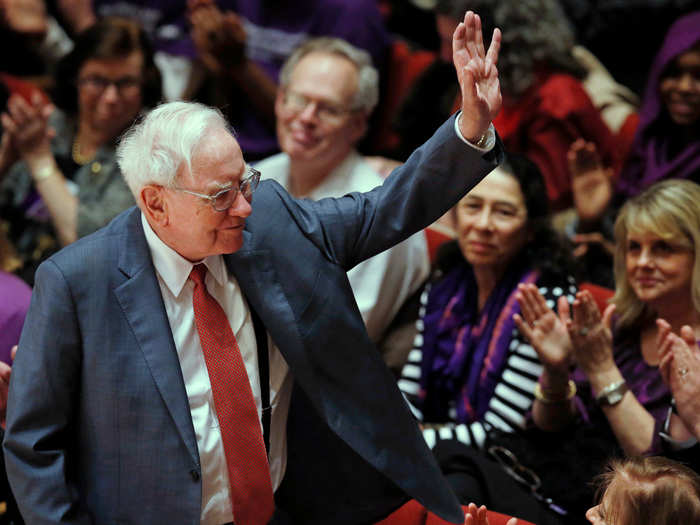
Buybacks are good for sellers as well.
"From the standpoint of exiting shareholders, repurchases are always a plus," Buffett said in his 2016 letter. "It's always better for a seller to have an additional buyer in the market."
However, Buffett emphasized in his 1999 letter that executives should give their shareholders all the information they need to fairly evaluate their companies so they don't take advantage of any sellers.
3. Executives can show they prize shareholders
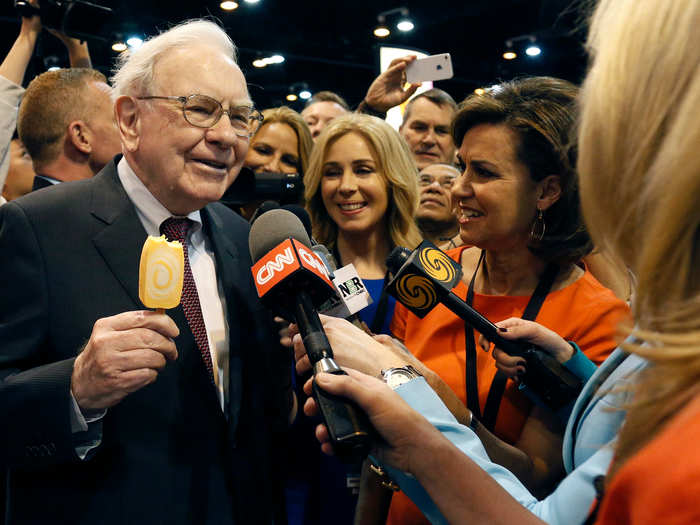
Executives can buy back stock to show that they're prioritizing shareholders' interests, which can boost their companies' share prices.
By snapping up undervalued shares, "management clearly demonstrates that it is given to actions that enhance the wealth of shareholders, rather than to actions that expand management's domain but that do nothing for (or even harm) shareholders," Buffett said in his 1980 letter.
"Seeing this, shareholders and potential shareholders increase their estimates of future returns from the business," boosting the company's share price towards its intrinsic value, he continued.
"Investors should pay more for a business that is lodged in the hands of a manager with demonstrated pro-shareholder leanings than for one in the hands of a self-interested manager marching to a different drummer," Buffett added.
4. Acquisitions are riskier
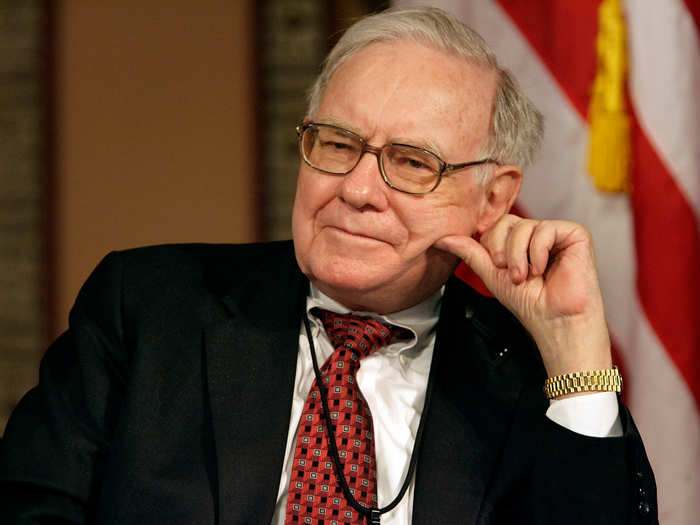
Buying shares is a lot safer than buying businesses.
"Acquisitions are similar to marriage: They start, of course, with a joyful wedding — but then reality tends to diverge from pre-nuptial expectations," Buffett said in his latest letter to shareholders.
"It is usually the buyer who encounters unpleasant surprises," he added.
Buffett struck a similar chord in his 2014 letter.
"You can't get rich trading a hundred-dollar bill for eight tens," he said.
Munger echoed Buffett's comments at Berkshire's meeting in 2018, declaring that many companies that make acquisitions are often "worth less after the transaction is made than they were before," according to a Sentieo transcript.
In contrast, Buffett has expressed great confidence in the value of buybacks over the years.
"No alternative action can benefit shareholders as surely as repurchases," he said in his 1984 letter.
5. Dividends are less efficient
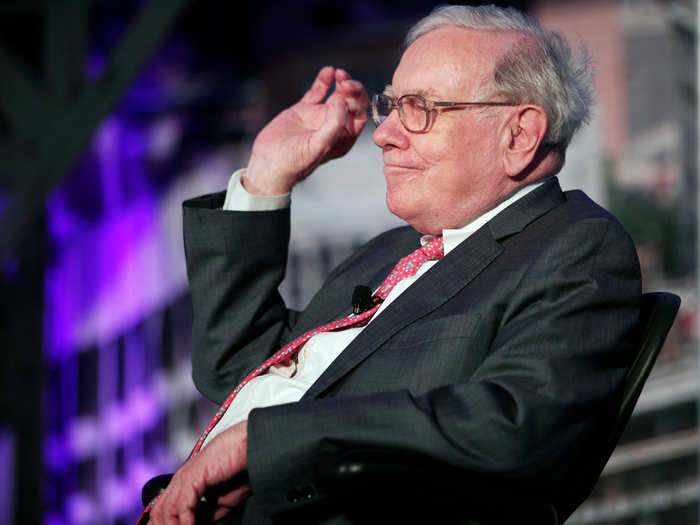
Buybacks are a more cost-effective way to return money to shareholders than dividends.
"Instead of repurchasing stock, Coca-Cola could pay those funds to us in dividends, which we could then use to purchase more Coke shares," Buffett said in his 1999 letter.
"That would be a less efficient scenario," he continued.
"Because of taxes we would pay on dividend income, we would not be able to increase our proportionate ownership to the degree that Coke can, acting for us."
Not all stock buybacks are equal
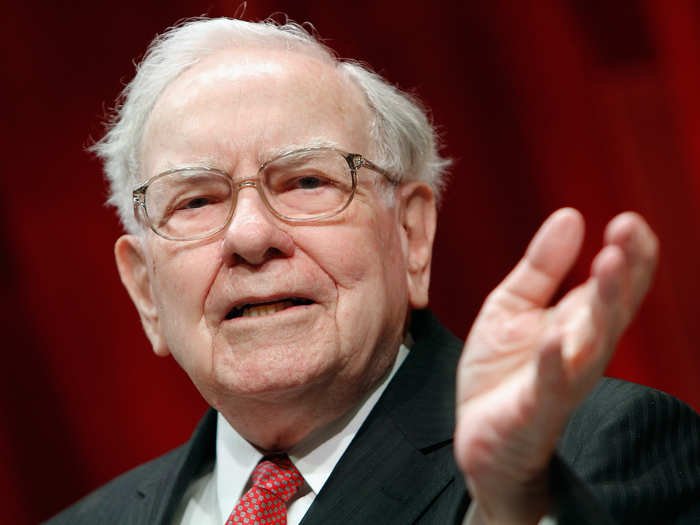
In Buffett's book, buybacks are inappropriate if they don't satisfy Berkshire's two conditions.
If a company needs its cash to maintain or expand its operations, and it doesn't want to take on debt, repurchasing its shares wouldn't make sense, the investor argued in his 2016 letter. The same is true if there's a more attractive acquisition or investment opportunity available.
Nor do buybacks make sense if the stock isn't undervalued, Buffett said.
"It doesn't suffice to say that repurchases are being made to offset the dilution from stock issuances or simply because a company has excess cash," he said in the letter. "Continuing shareholders are hurt unless shares are purchased below intrinsic value."
"The first law of capital allocation ... is that what is smart at one price is dumb at another," Buffett added.
Management's motives also matter.
If executives buy their companies' stocks solely to pump up the prices, that is "insane and immoral," Buffett said at Berkshire's annual meeting in 2018.
Some bosses repurchase shares to "show confidence" or "be in fashion," not for the sake of shareholders, he said in his 1999 letter.
Popular Right Now
Popular Keywords
Advertisement